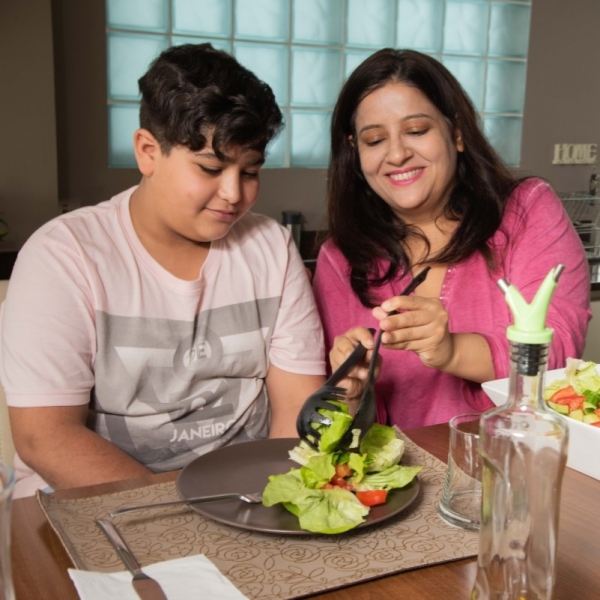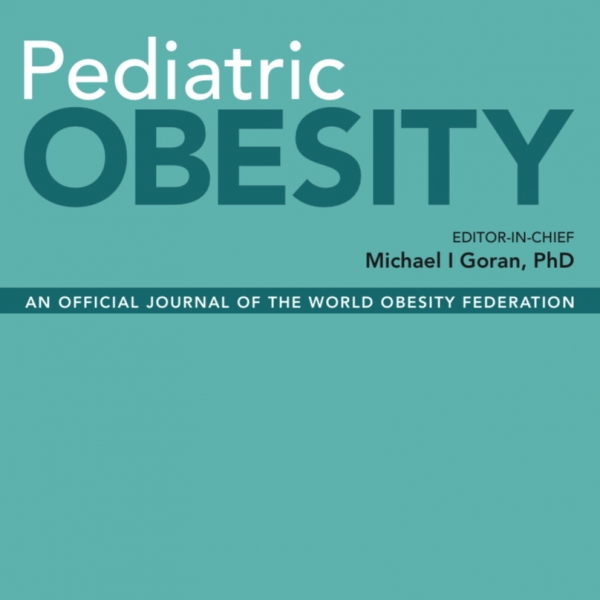A better understanding of challenges facing adolescents living with obesity is essential, suggests Pediatric Obesity study
The results of the ACTION Teens global survey study published in Pediatric Obesity, suggest that there is misalignment between adolescents living with obesity (ALwO), caregivers, and healthcare professionals (HCPs) involved in obesity management/treatment.
This includes caregivers' underestimation of the impact of obesity on ALwO, and HCPs' misperception of key motivators and barriers for weight loss. These results indicate that there is a definite need for improved communication and education.
Research has shown that obesity in children and adolescents has increased in most countries in recent years, and that obesity in adolescence is likely to persist into adulthood and has a more severe lifelong impact than adult-onset obesity.
Despite the increasing prevalence of adolescent obesity, there is limited evidence regarding the experiences, challenges and needs of ALwO, their caregivers and the HCPs who treat them. This cross-sectional, survey-based global study was therefore initiated to identify perceptions, attitudes, behaviours and barriers to effective obesity care across those groups, and to generate insights that can inform improvements in obesity management for ALwO.


Key results, which analysed data from 10 countries and nearly 13,000 participants, include:
- Most ALwO perceived their weight as above normal (76% vs. 66% of caregivers), were worried about its impact on their health (85% vs. 80% of caregivers), and recently made a weight loss attempt (58%).
- While 45% of caregivers believed ALwO would slim down with age, only 24% of HCPs agreed.
- Most commonly reported weight loss motivators for ALwO were wanting to be more fit/in better shape according to ALwO (40%) and caregivers (32%), and improved confidence/social life according to HCPs (69%).
- ALwO weight loss barriers included lack of hunger control (most commonly reported by ALwO/caregivers), lack of motivation, unhealthy eating habits (most commonly agreed by HCPs), and lack of exercise.
These findings suggest a need to improve communication between ALwO, their caregivers, and treating HCPs, and a need for educational support for caregivers and HCPs on the experiences, challenges, and needs of ALwO.
Future research is needed to determine if interventions targeting the identified misperceptions and areas of misalignment between ALwO, caregivers, and HCPs can have a positive effect on their behaviours, and thus improve obesity management.

Access the Full Study
The full study is available to read in Pediatric Obesity – an official journal of the World Obesity Federation, which presents the latest research on obesity during childhood and adolescence.
READ NOW
Our Journals
Find out more about Pediatric Obesity and our other international, peer-reviewed journals here.
Journals